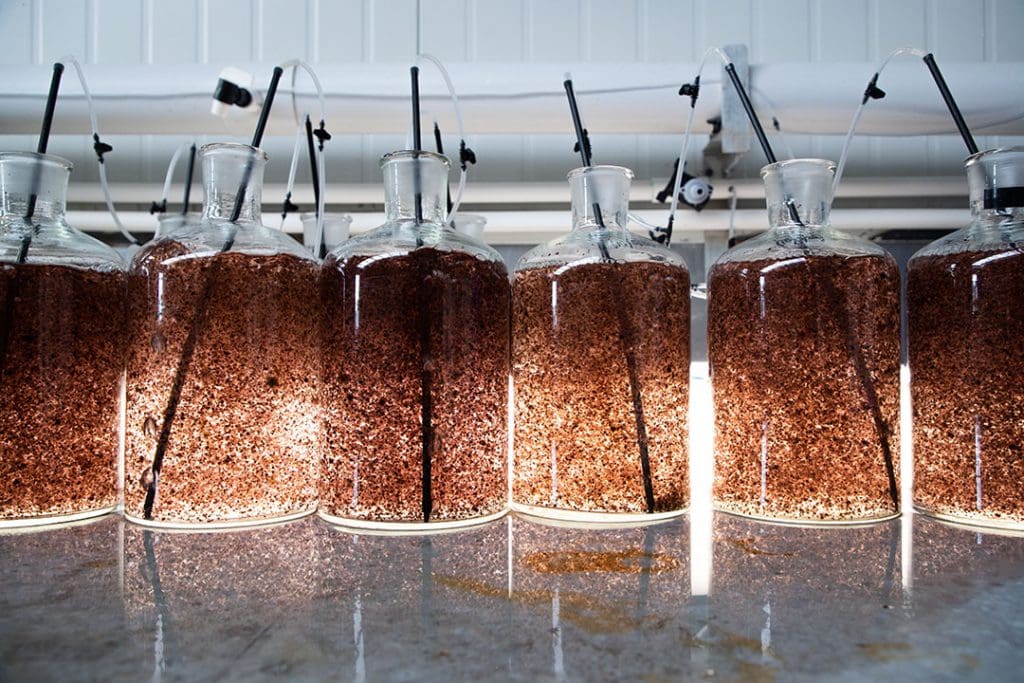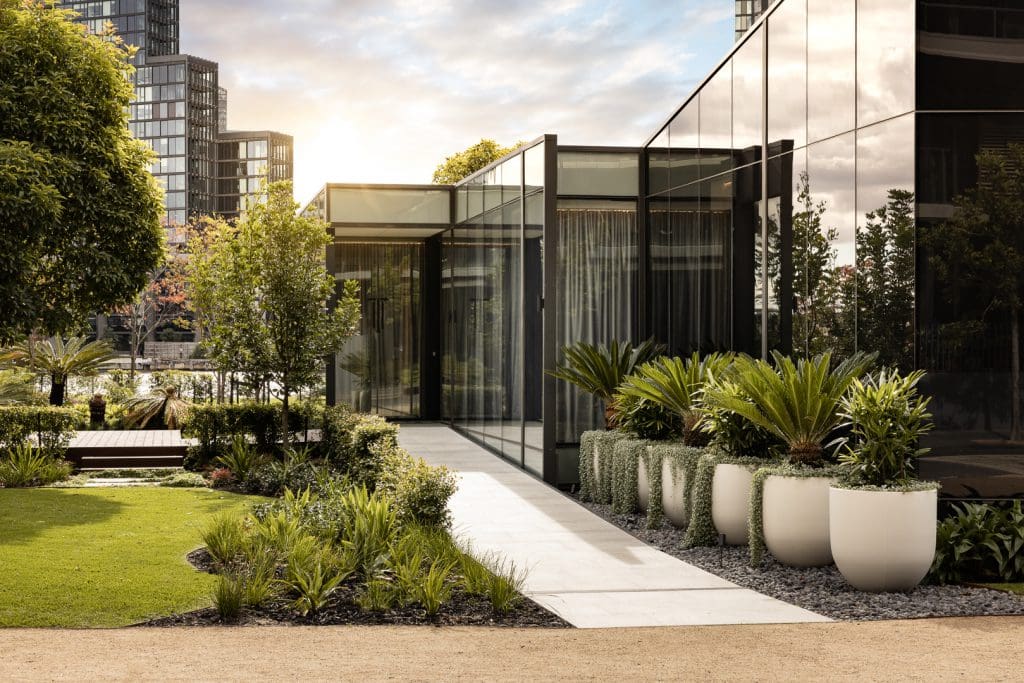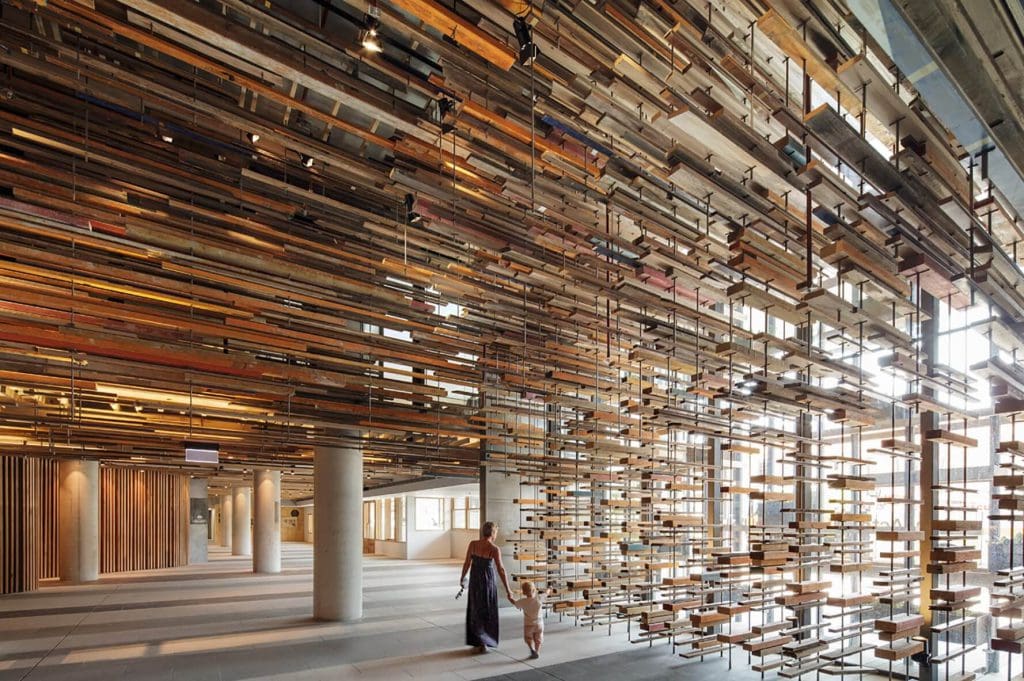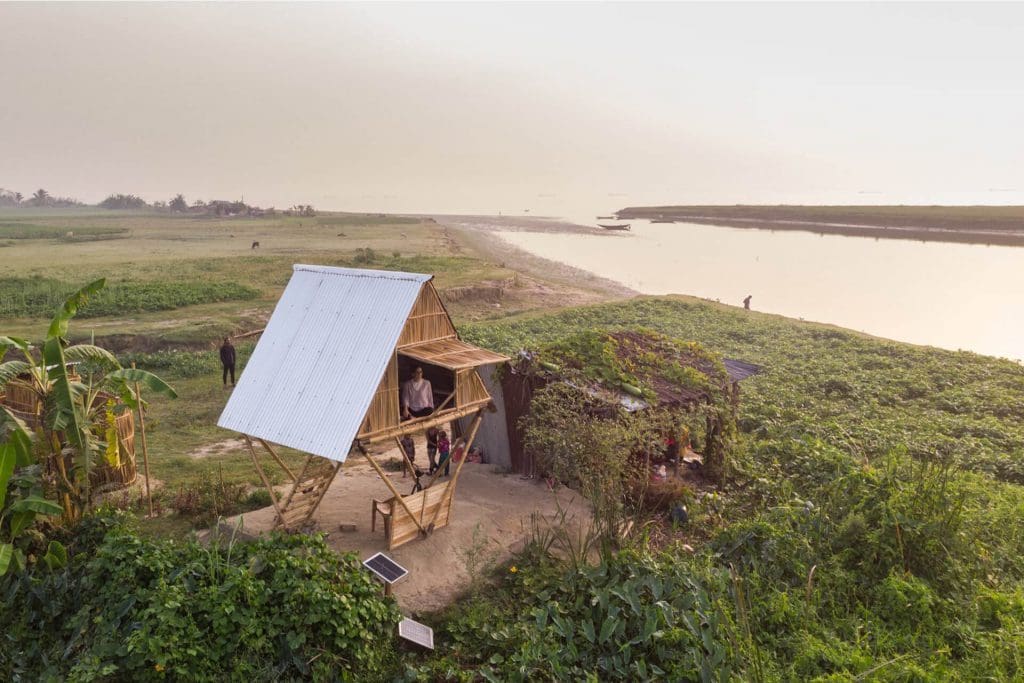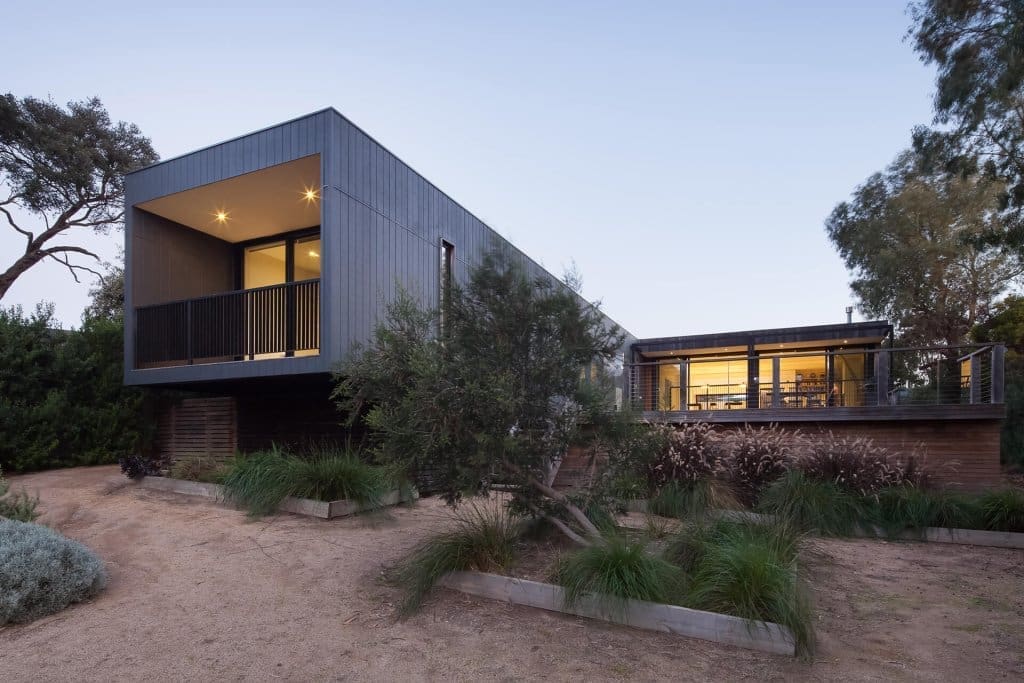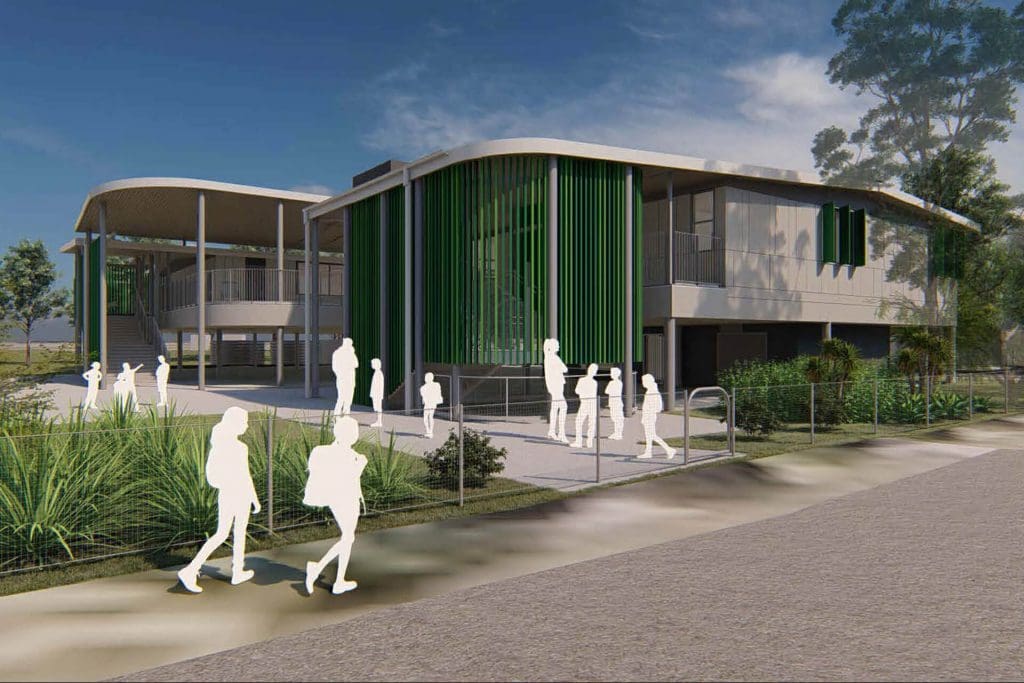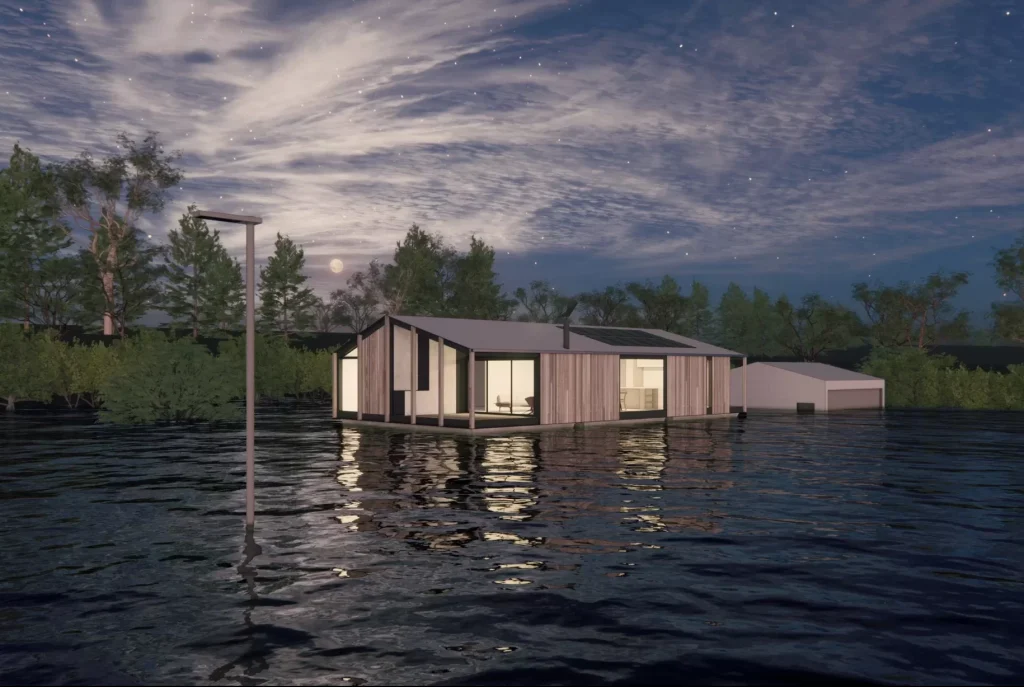Things We Love: Making Waves In Sustainable Agriculture
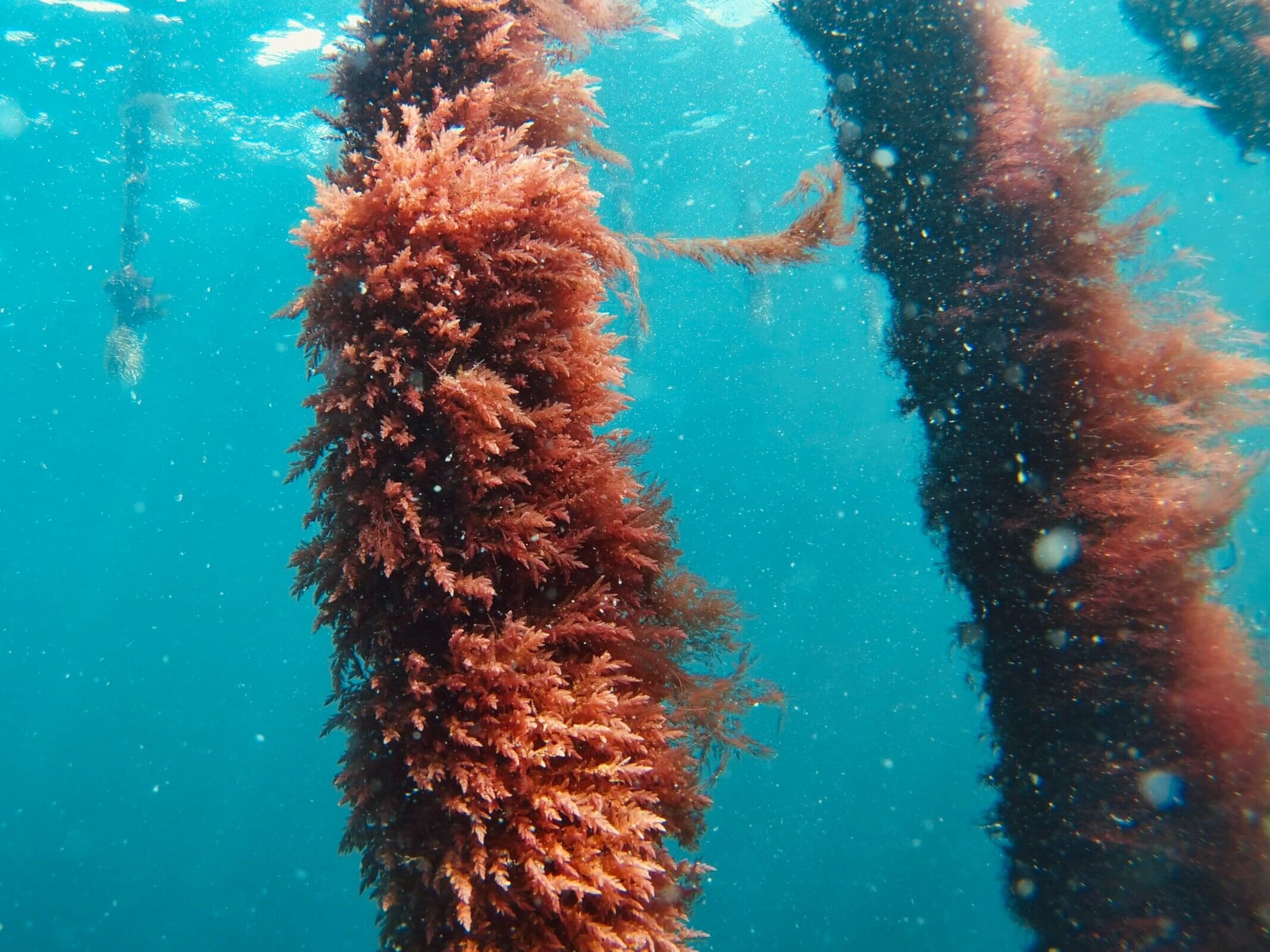
Climate change is one of the most significant challenges we face today, with the Earth’s temperature rising at an alarming rate. Cows are the largest source of methane emissions, a potent greenhouse gas with a global warming potential 28 times greater than carbon dioxide. Tasmanian company, Sea Forest, has developed a supplement made out of seaweed that has the potential to significantly reduce the environmental impact of animal agriculture, which is responsible for around 14.5% of global greenhouse gas emissions.
Turning the Tide on Environmental Impact
The Asparagopsis supplement is a red seaweed that, when added to cows’ feed, significantly reduces the amount of methane they produce during digestion. When added to their feed at a rate of just 0.5% of their total diet, it has been shown to reduce methane emissions from cows by up to 80%. In addition, the supplement also improved their health and productivity.
The discovery of the potential benefits of seaweed for reducing methane emissions from cows was first observed in the west coast of Ireland, where feeding cows seaweed has been a traditional practice for centuries. The observation sparked the interest of scientists and researchers, who subsequently conducted experiments to understand the mechanism behind the reduction in methane emissions. This led to further research and ultimately the development of the Sea Forest’s Asparagopsis supplement.
Food security is another pressing challenge facing our planet. Rather than relying on traditional agriculture practices to feed our growing population – which can be resource-intensive and environmentally damaging – the Asparagopsis supplement offers a new way of thinking about food production. By utilising the power of nature and working with the environment rather than against it, we can create a more sustainable future for food production.
The Sea Forest’s Asparagopsis supplement is a remarkable innovation. Seaweed farming is a low-impact, high-yield form of aquaculture that has the potential to provide a sustainable source of food, fuel, and other products, thus offering a promising solution for sustainable development. As we strive for a more sustainable future at Modscape, we’re always looking outside to other industries for inspiration and innovative ideas. Collaborations between diverse sectors can foster a holistic approach to sustainability and create synergies that drive positive change.
